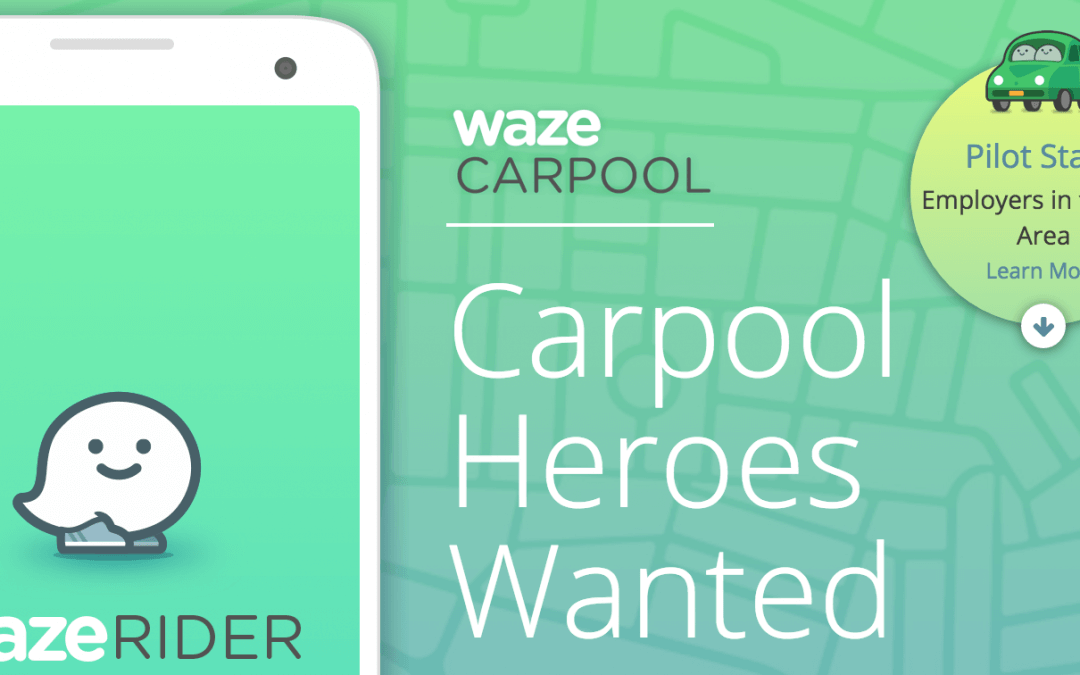Users of the Waze navigation app are accustomed to its helpful alerts concerning potholes, hazards and police on the road ahead. For app users in the San Francisco area, another alert could soon be popping up: a person looking for a ride.
Google bought Waze three years ago, and the new function appears to be a bold attempt by the tech giant to get into ride-hailing, the dominant turf of Uber.
In many ways Google is returning the favor; Uber has emerged as one of Google’s fiercest rivals in the race to roll-out viable self-driving vehicles, an area pioneered by Google — or Alphabet, as its parent company now calls itself.
The so-called Waze Carpool service is the latest in a dizzying series of audacious moves by the two tech giants as they increasingly compete in the arena of transportation innovation.
To be sure, the Waze service is very limited in its scope at this point — only some 25,000 employees of companies near Google’s headquarters in Mountain View, Calif. may use it — and it doesn’t appear that Google has its sights set on revenue or amassing a vast pool of drivers. Prices for rides will be based on the federal standard mileage rate of 54 cents a mile — well below what Uber and Lyft charge. Google may deduct “a commission” from the price, but it has not said if it will do so at this point.
In other words, Google appears to conceive of the service as a genuine form of “ride-sharing” — pairing drivers and riders who are already headed in the same direction.
What the initiative does offer Google, one analyst told the Wall Street Journal, is real-world experience in the complex world of ride-hailing, where Uber and automakers see the greatest commercial potential for autonomous vehicles.
There is precedent for extending Waze into ride-sharing. In Israel, where the company was founded, Google started testing a carpool service last year, and it’s now available throughout the country.
Google’s move is the latest sign of growing competition between the company and Uber, and in some ways it represents a fraying of their relationship. Google Ventures — as Alphabet’s research arm was once called — invested $258 million in Uber in 2013.
Next month, Uber plans to launch its first pilot fleet of self-driving cars — Volvo SUVs that will still be manned by human drivers — in Pittsburgh, where the company’s autonomous-technology research efforts are centered.
Last month, a top Alphabet exec, David Drummond, announced he had stepped down from Uber’s board as overlap increased between the two companies.
In addition, Uber has indicated it wants to develop its own mapping technology, in part to decrease the company’s reliance on Google Maps for navigation.

